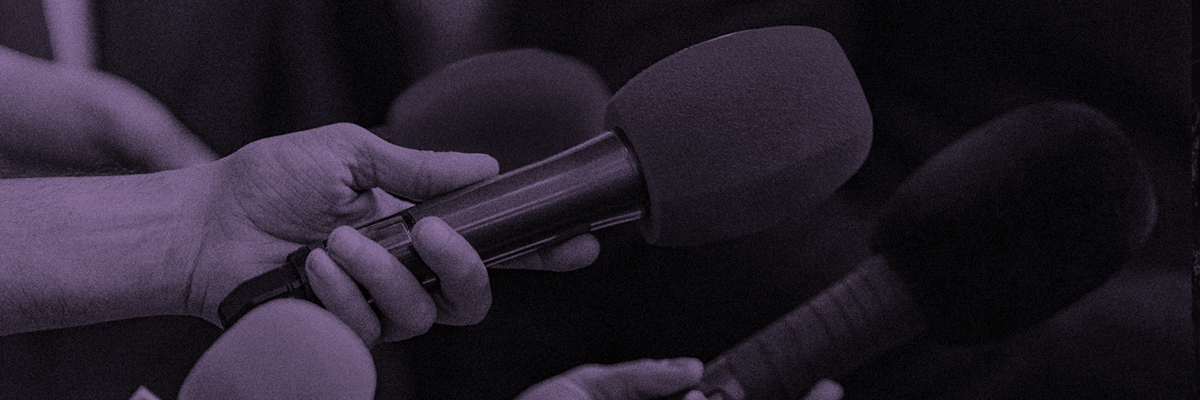Electrical safety at home
As the spring and summer months approach, householders across the country are looking forward to getting out in the garden, getting stuck into some DIY around the house or simply doing a bit of spring cleaning.
However, the Electrical Safety Council is keen to warn people to take some sensible precautions to keep themselves safe around the house and garden to avoid the thousands of electrical accidents that occur each year.
Phil Buckle, director of the Electrical Safety Council says:
"Every year around 30* people get killed through electrical accidents in the home. Yet by following our simple guidelines, many of these could be prevented.
People often do not appreciate the everyday hazards that electricity presents. As the days get longer and spring fever takes over we want to make sure people stay safe."
Don't overload sockets and buy yourself an RCD
Ten ways to keep yourself safe from electrical accidents
- Check the condition of plugs, sockets and flexes and if there's any damage, get them replaced. Look out for frayed or exposed wiring, burn marks, cracking or overheating. If it's been a while since your electrics were properly inspected make it a priority to get a professional inspection done - it won't cost more than £150 for a typical house.
- Buy yourself an RCD (residual current device) which will cut off electricity if it detects a fault that could cause electric shock. If you're going to be out in the garden mowing the lawn or cutting the hedge, an RCD could save your life. A portable one is a good start, but for even better protection get one built into your main electrics for the house.
- Look out for any dangerous cables around the house. Anything that can be tripped over is a hazard. And move any cables that are being worn down because they are rubbing against furniture or have been placed under rugs.
- Make sure you unwind electrical cables fully - unwound they can overheat and catch fire.
- If you decide now is the time to fit those outdoor lights, rewire the kitchen, or get any other electrical work done, get it done by a registered electrician** and make sure you get the proper paperwork completed. Since 2005, in England and Wales you are legally required to have paperwork for most electrical jobs around the home.
- Get into a habit of turning off your electrical appliances, particularly those that produce heat. Not only is it safer but it will save you money and is kinder to the environment
- Don't mix electricity and water. There are many everyday examples:
- never take electrical appliances into the bathroom
- don't fill your steam iron while it's switched on
- don't leave drinks on top of the microwave or TV
- don't mow the lawn in the rain
- don't let the kids go straight from the paddling pool to the house (where there are electrical sources) without getting dried off first
- Keep electric cables away from heat sources. In the kitchen keep appliances well away from the hob. And if you are lighting up the barbecue, make sure it's nowhere near the cables for your outside lights, lawnmower or other appliances.
- Don't overload sockets. If you can, get new sockets installed or if you have to use an adaptor use a flat one. And never, ever join two extension leads together.
- Don't drill holes or fix nails in walls without knowing what is hidden behind them. If you want to fix the flatscreen on the wall to catch the FA cup final, the Brits battle it out at Wimbledon or the new series of Big Brother, make sure you check there are no live cables behind the plaster.
Get a professional to carry out electrical work in your home.
And make sure you get the relevant paperwork once it's completed.
* Government fire statistics 2004, RoSPA accident statistics 2002.
For further information contact media@electricalsafetyfirst.org.uk
